All models under BYD, Denza, and Yangwang brands will now get access to DiPilot 100 or better.
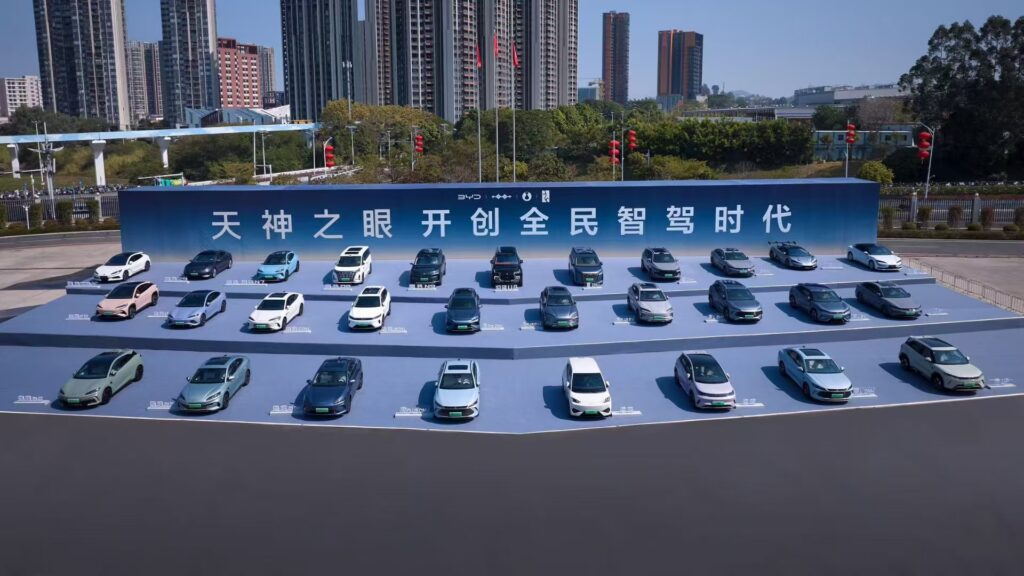
BYD has rolled out smart driving systems across its entire range for free in a move that will send shockwaves through China’s auto industry.
No model has been left behind with even the bargain favourite Seagull receiving the base level of autonomous functions, which are split into three levels for the various price points of products offered by three of BYD’s four brands, namely BYD, Denza, and Yangwang.
Under the name of “Gods’s Eye”, the systems can be broken down into God’s Eye A, otherwise known as DiPilot 600, God’s Eye B, known as DiPilot 300, and God’s Eye C, or DiPilot 100.
DiPilot 600 is already the preserve of ultra-luxury brand Yangwang and features as many as three lidar units in its hardware package. DiPilot 300 will feature one lidar unit and be used on Denza models and high-end BYDs like the Han and Song models. DiPilot 100 covers everything else, and comes without lidar units but uses a camera-based solution.
Both DiPilot 600 and 300 are capable of highway and urban autonomous driving, within China’s rules that a hand must be on the steering wheel at all times, but DiPilot 100 only comes with highway autonomous functions as standard, plus a memorised route function, whereby a frequently used route, such as a commute, can be completed autonomously.
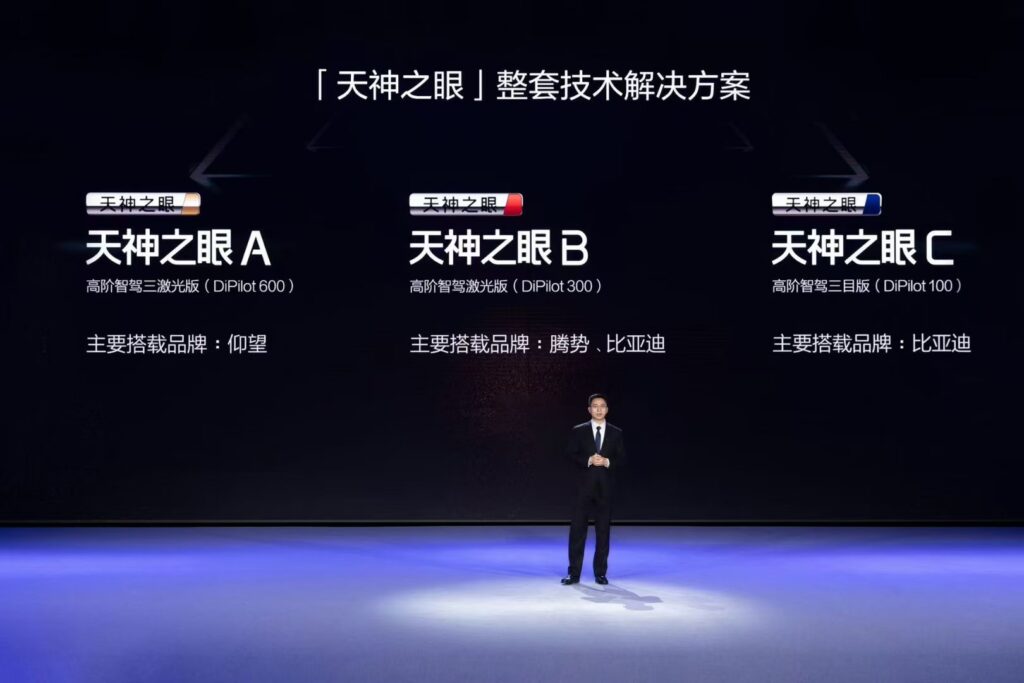
BYD Chairman and President, Wang Chuanfu, is credited with saying “safety is the greatest luxury” and it’s a message he reiterated at the major launch event for the ADAS system rollout, stating that high-level smart driving capabilities would become as essential as seatbelts and airbags in the coming years.
The market would seem to back-up his point with 2024 being a breakout year for urban-level autonomous driving systems in China, with the frontrunners of Li Auto, XPeng, NIO, and Huawei, joined by other rivals such as Zeekr, Wey, and even more affordable brands like Leapmotor.
BYD’s move is intended to democratise that movement so that even customers shopping on a budget can get a good level of autonomous ability, with the brand’s cheapest model, the Seagull, coming in at just RMB 69,800, or £7,750 / $9,550.
With the rollout across the range, as many as 21 models have been equipped with smart driving capabilities that didn’t have them before, with 11 in the Ocean series and ten in the Dynasty series.
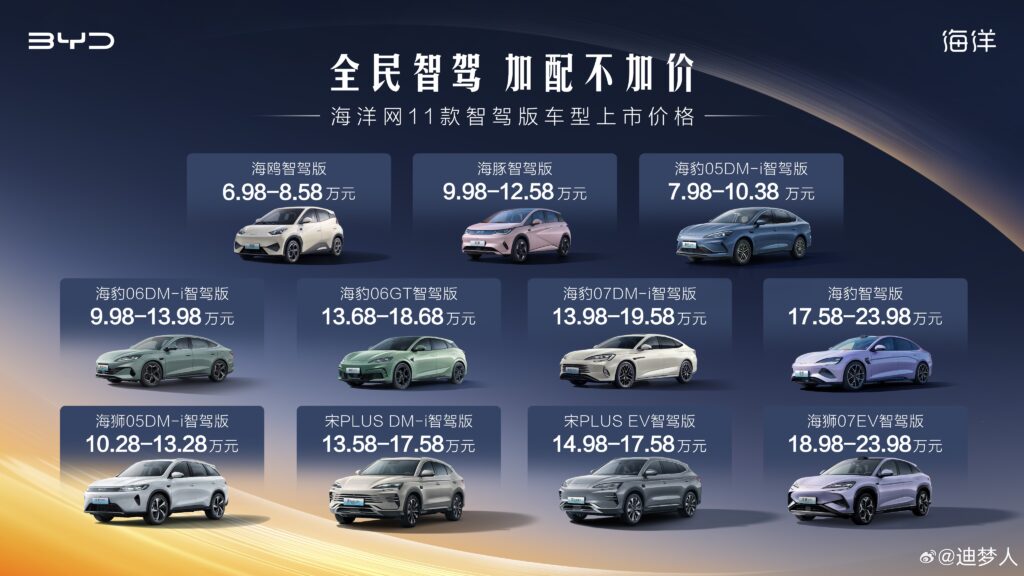
Even more surprising is that prices will not change for any of the newly-equipped models, meaning BYD won’t be charging either an upfront fee, an increased list price, or even a subscription, a move which won’t be easing the existing headaches in Toyota City, Hamamatsu, or Wolfsburg.
BYD has dedicated more than 5,000 engineers and seven years of research to its autonomous driving technology, with more than 4.4 million of its products already equipped with a minimum of level 2 systems.
Both the hybrid DM-platformed cars and the e-platform models have been upgraded to their Xuanji Architecture, which the firm launched on January 16 last year, which supports the minimum God’s Eye C-level system.
Off-road brand Fangchengbao were not included in the event since they are moving in the direction of using Huawei’s Qiankun system, with the Bao 8 already equipped and the updated Bao 5 already spied with a lidar unit. The upcoming Bao 3, as a more affordable model, might get a lighter system.

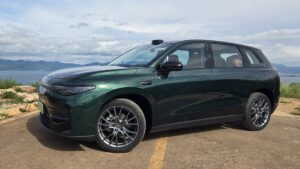
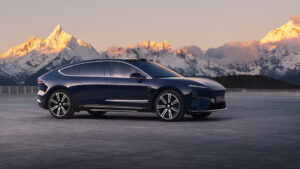
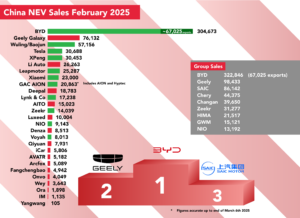
Will DiPilot 100 be available on early model Atto 3???
Highly likely not I think as the hardware probably isn’t on it. It’s only being rolled out in China currently as well, so not sure where you are but if you’re outside of China, it ain’t happening I’m afraid.